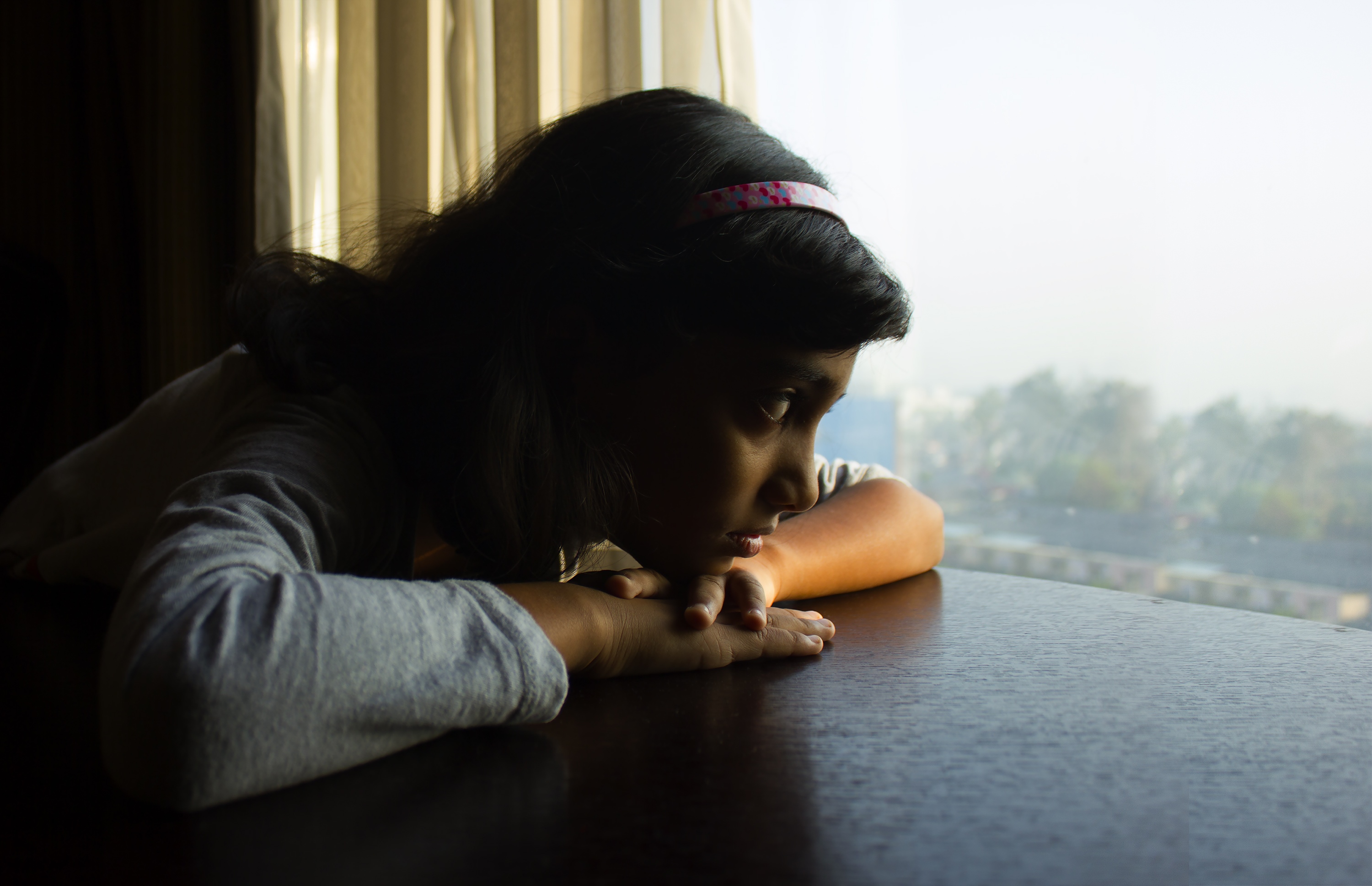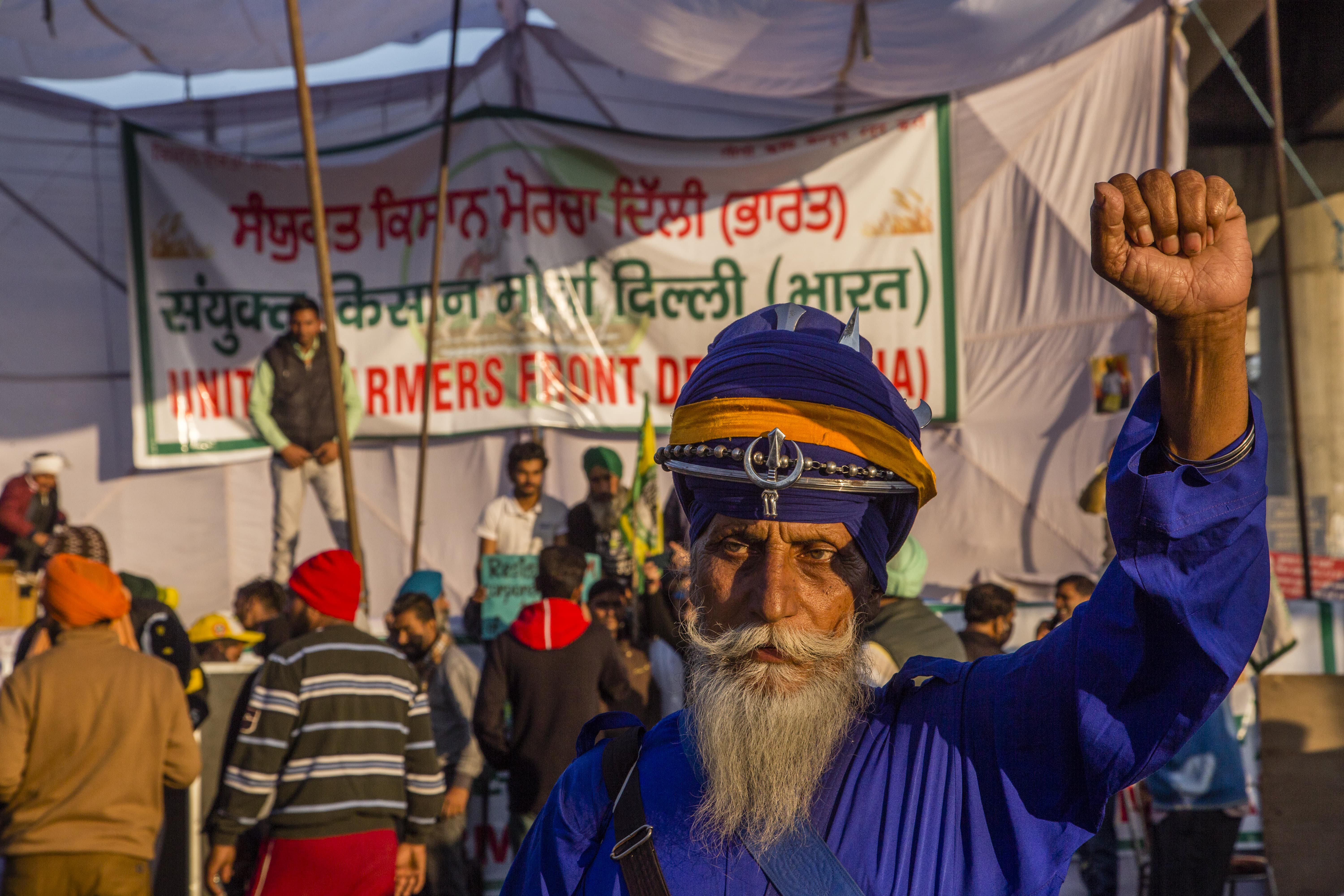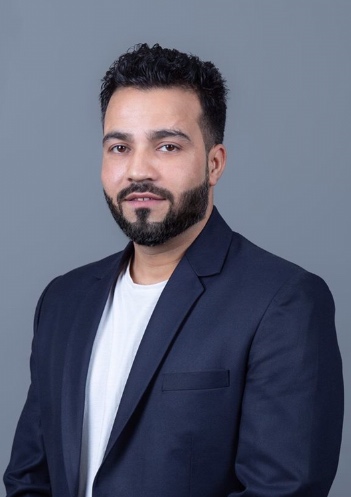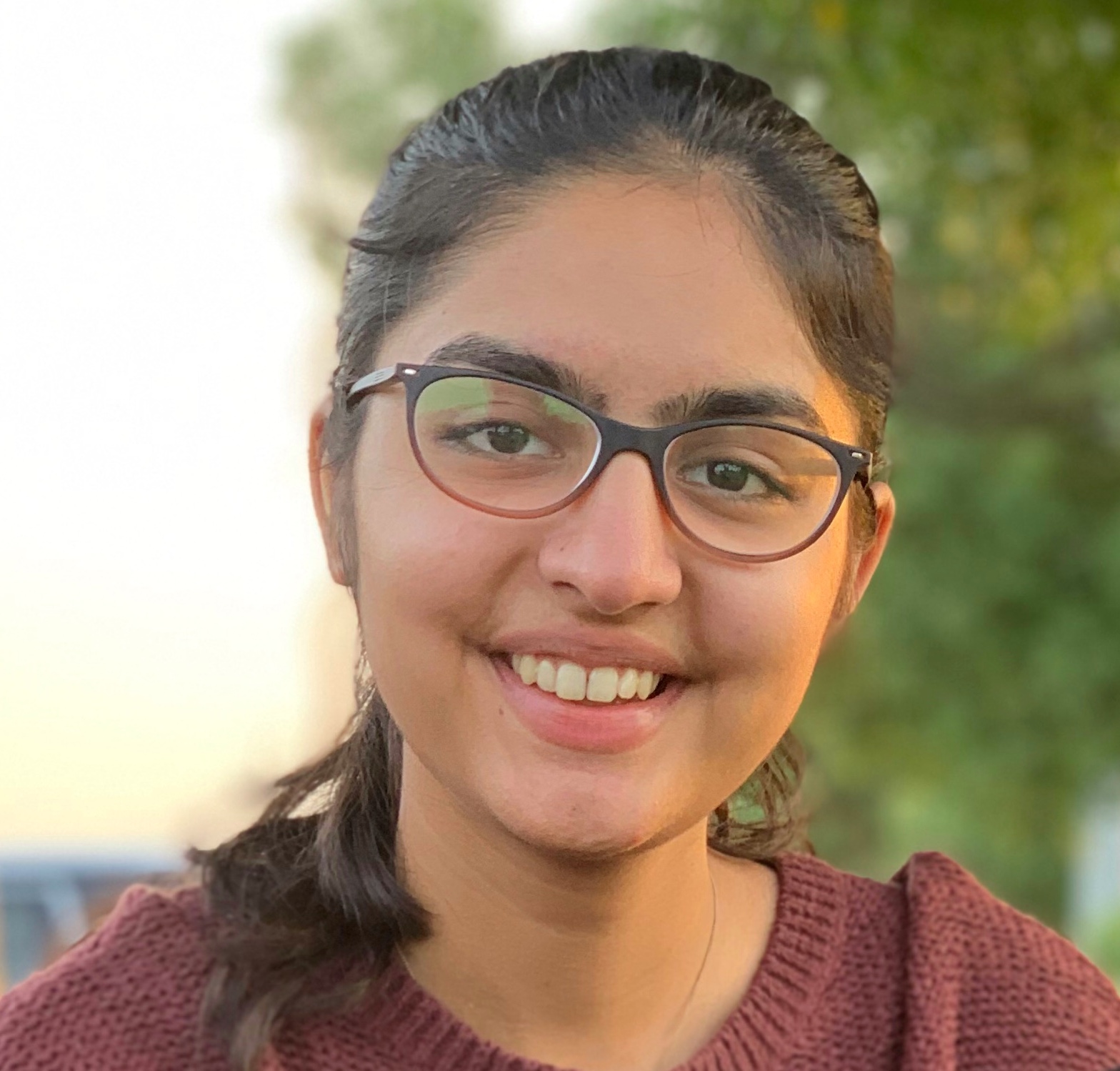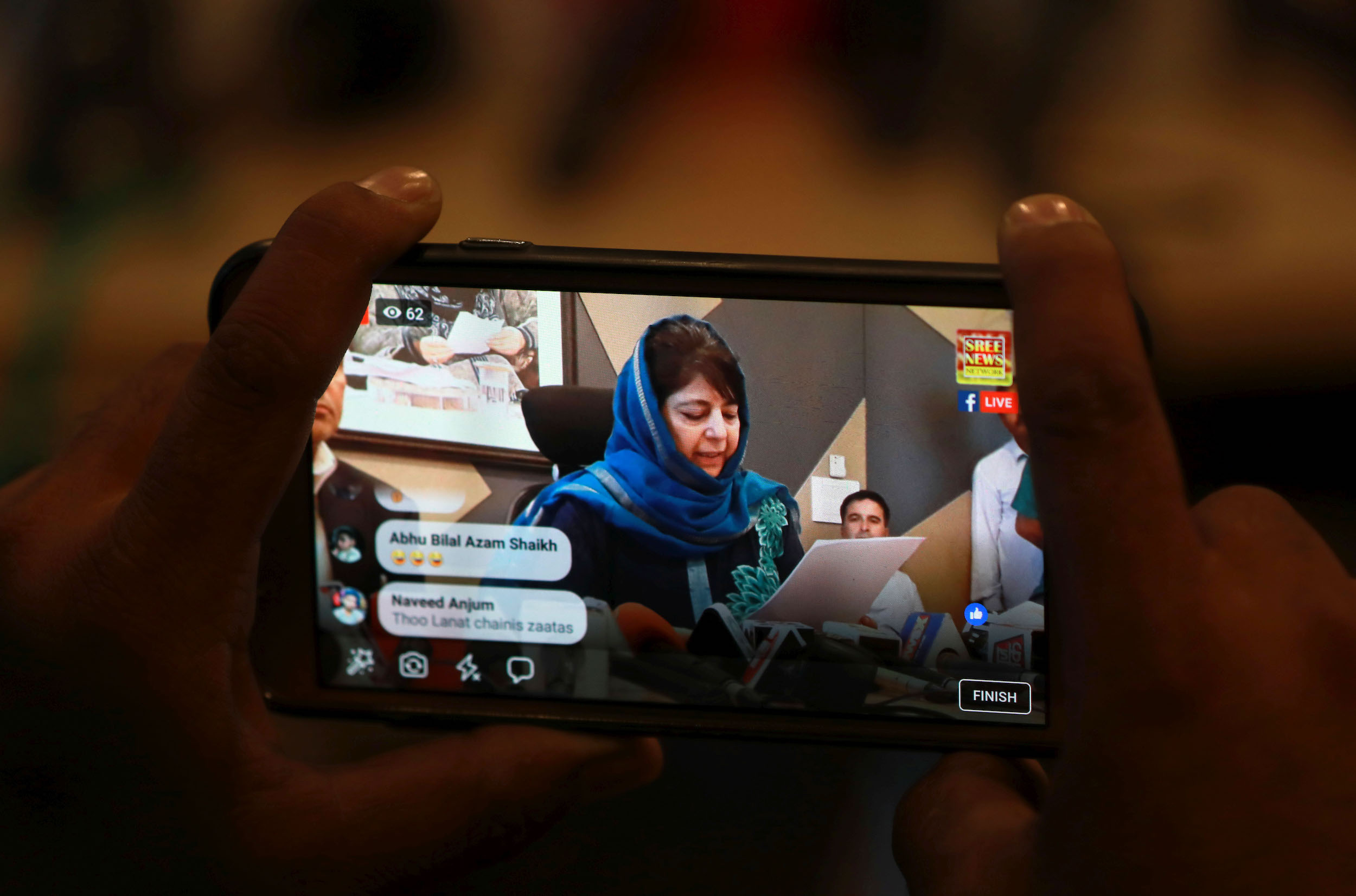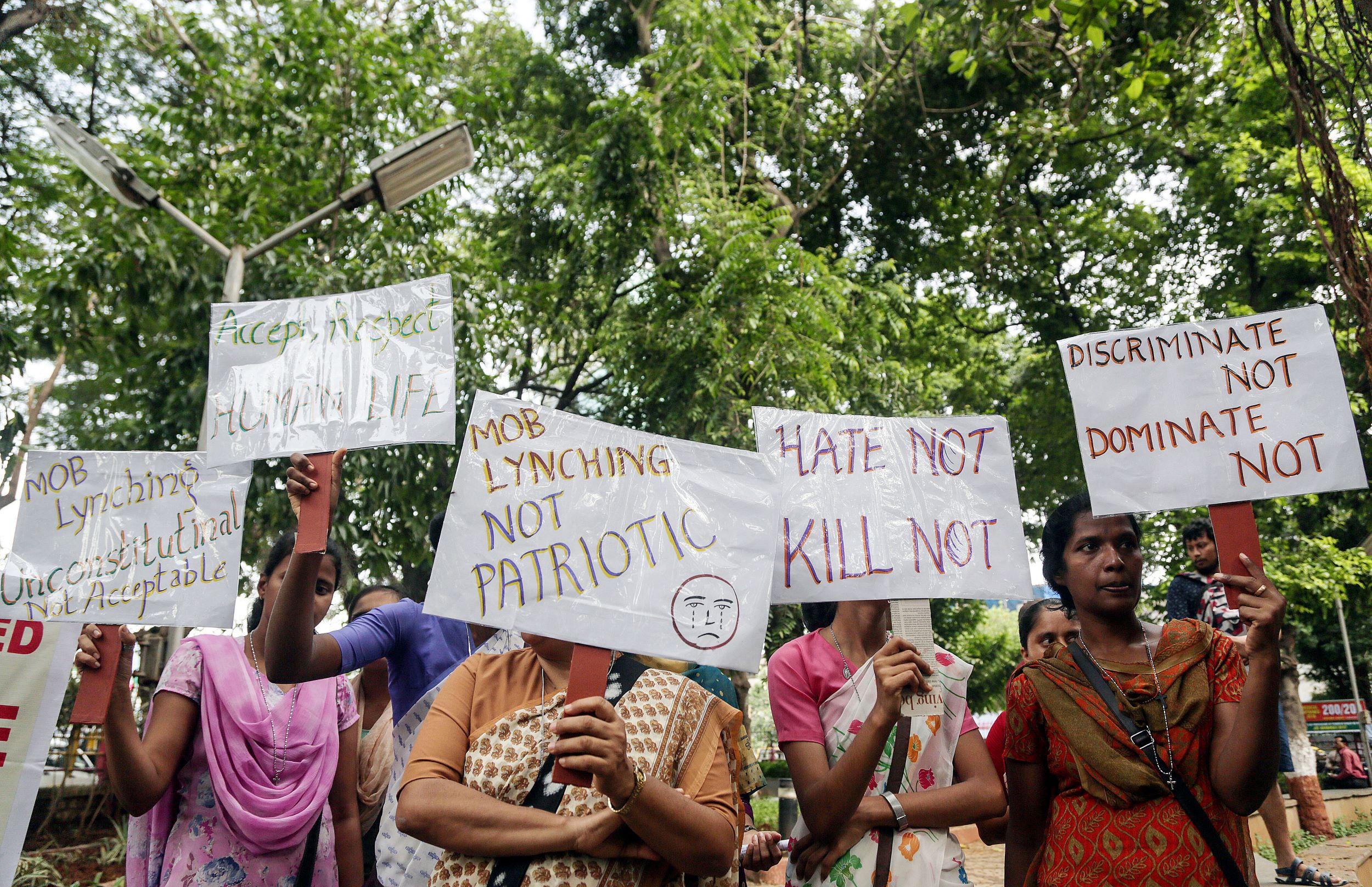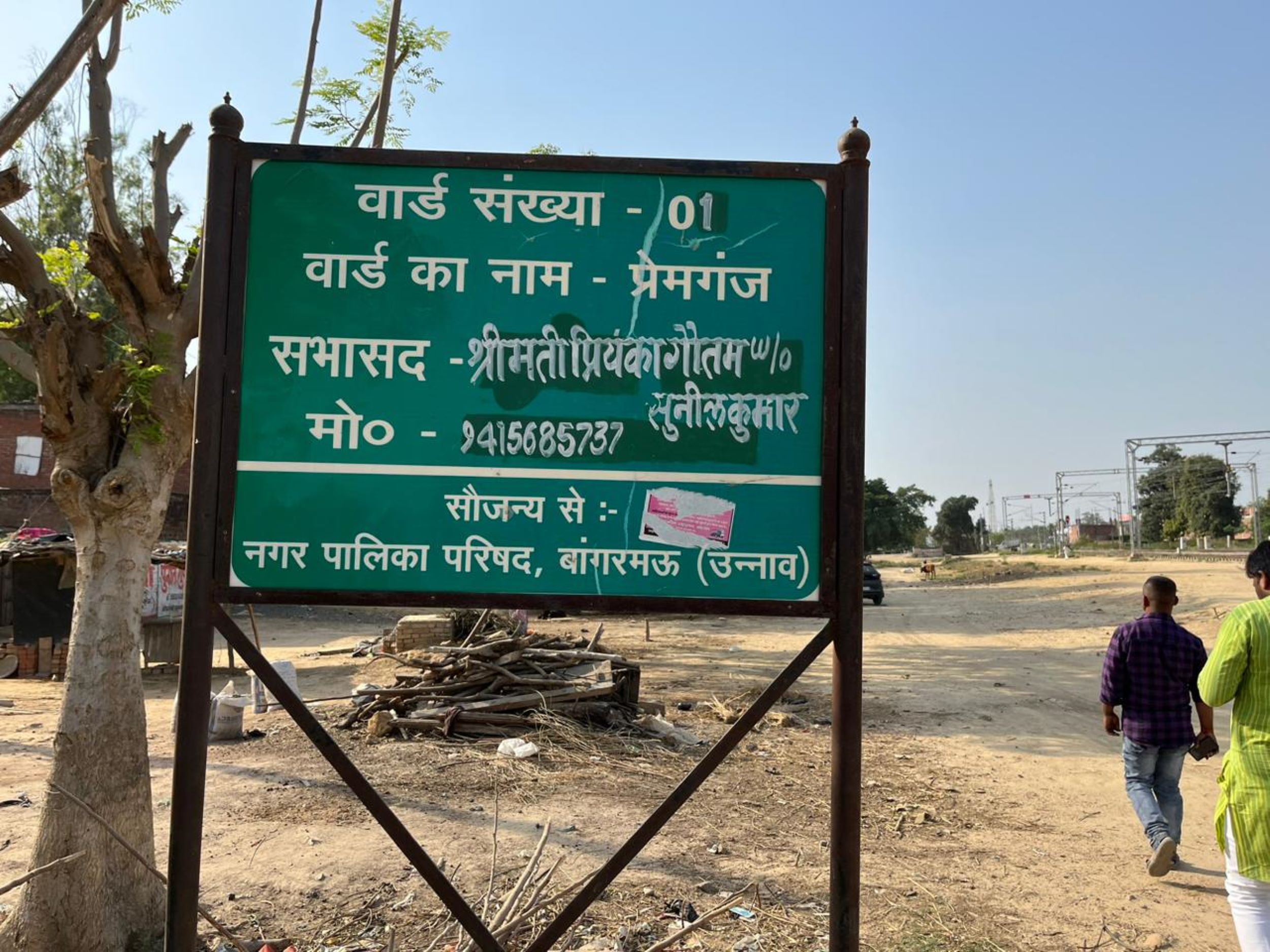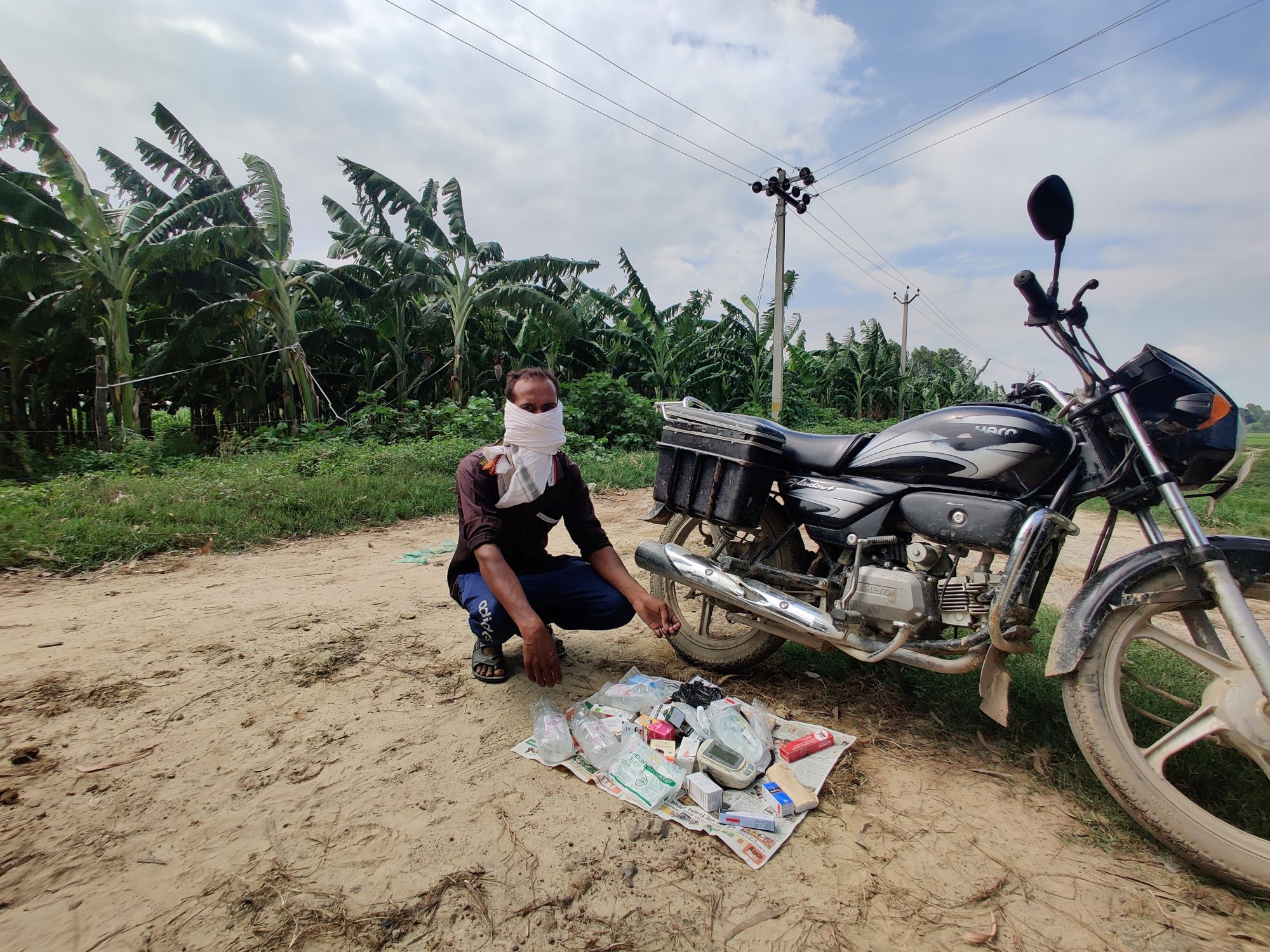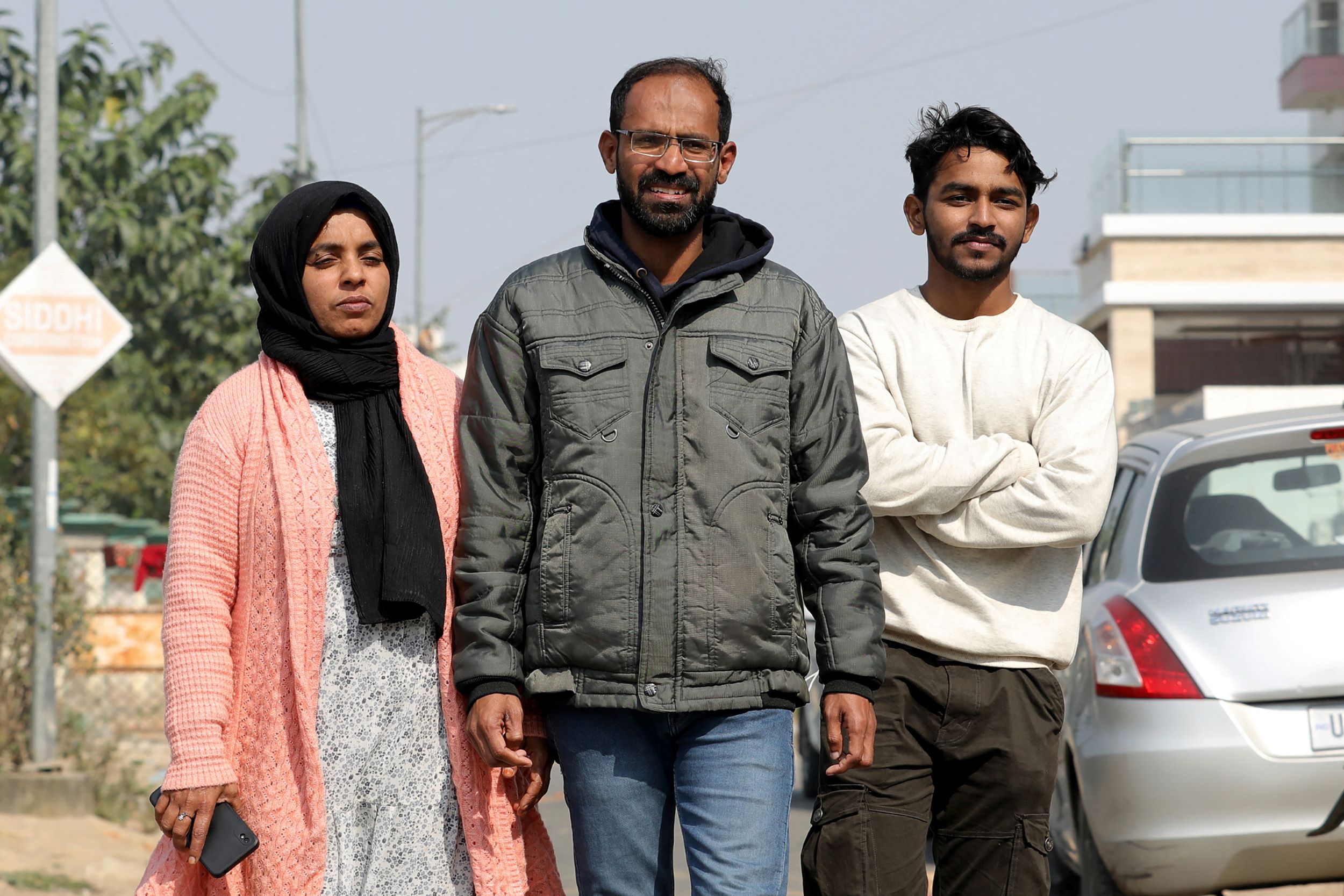Freelance journalists in India, particularly those reporting on marginalised communities and conflict zones like Kashmir, endure immense emotional and psychological strain, often without any institutional support. What are the hidden costs of reporting on violence, where telling the truth can come at a steep personal price?
It has been four years since Meer Faisal began documenting hate crimes against minorities, particularly Muslims, in India. He was only 20 when he first stood amid the wreckage of burnt Muslim properties in the nation’s capital, New Delhi, where dozens had been killed in the violence. The charred remains of homes and the hollow cries of survivors left an indelible mark on his memory. Overwhelmed by the scale of the brutality and his own sense of helplessness, Faisal returned home, but the nightmares never left him.
“I started questioning everything, including how long I can keep doing this,” said Faisal, now 24. But he has barely paused in reporting on violence and human rights violations against Indian minorities since then. “It is tough and mentally exhausting work, but it’s also very important. So, I need to continue.”
Faisal recalls the haunting images that often linger long after he leaves scenes of violence: the screams of victims, the images of destruction, and the gut-wrenching reality of what he is documenting.
“Whenever I report on hate crimes, I feel deeply disturbed mentally,” Faisal told Al Jazeera Journalism Review. “The cries, the voices, and all the horrifying details echo in my ears. These experiences lead to sleepless nights filled with nightmares.”
For him and countless other journalists in India, reporting on hate crimes against minorities is a calling fraught with emotional and psychological peril. In a country where violence against minorities has increased as the Hindu right-wing Bharatiya Janata Party (BJP) continues its rule for over a decade, journalists face severe risks in their work. For freelancers like Faisal, the pressures and intimidation are even greater.
Unlike staff reporters with established media outlets, freelancers like him lack the support of a newsroom during times of crisis. They often have no access to legal counsel, mental health services, or financial safety nets that could help them navigate the harsh realities of their work.
Precarious Position of Freelancers
Ahmer Khan, a senior freelance journalist and two-time Emmy nominee, describes the isolation many freelancers face. “Freelancing means you are on your own,” Khan said. “If something happens to you, be it legal trouble, mental health struggles, or even physical danger, there is no one to back you up.”
For Khan, the lack of institutional support isn’t just a logistical issue; it also shapes the kinds of stories freelancers are willing to pursue. “You think twice before taking up a sensitive story because you know no one will step in if things go wrong,” he said. “This fear of repercussions often forces freelancers to self-censor or avoid certain topics altogether.”
Khan has seen these challenges firsthand, recalling high-profile cases where even major organisations like the BBC faced pushback for reporting on violence against minorities.
“When BBC journalists face intense legal and public scrutiny, imagine what it’s like for someone with no institutional affiliation; you’re left completely exposed,” Khan said.
For many journalists covering the ongoing violence against India’s Muslim, Dalit, and Christian communities, the psychological toll goes far beyond what’s typically described as “journalistic fatigue.” For Muslim journalists in particular, reporting on crimes against their own communities forges a deeply personal and emotional connection to the stories they cover.
The threat of being labeled ‘anti-national’ isn’t just a stigma, it carries the real risk of arrest, surveillance, and state-sanctioned violence. We live under the constant pressure of being targeted.
Psychological Burden of Minority Reporting
Shahzeen Khan, a multimedia journalist who also reports on communal violence, says the emotional cost of her work can sometimes be overwhelming. “Each day, I encounter distressing accounts of people who’ve suffered due to communal violence,” Khan said. “The constant stream of negative information weighs heavily on my psyche and leaves me mentally and emotionally drained.”
Her work, which often involves speaking with survivors of mob lynchings and other violent attacks, leaves emotional scars that are hard to ignore. “It is profoundly meaningful for me to tell the stories of these victims,” she said. “But it also takes a huge toll on my mental health.”
For Shahzeen, Faisal, Ahmer, and many other journalists, this emotional connection isn’t just a result of professional empathy; it’s deeply personal. “I’m not just reporting these stories; I’m often confronting issues that feel intimately connected to my own community,” Khan explained. “By extension, these are my stories, too.”
“For Muslim journalists in particular, there is often a dual pressure: to represent their community authentically while also avoiding being seen as biased or agenda-driven,” she added. “Despite our best efforts to maintain journalistic objectivity, the burden of representing our community’s suffering can lead to anxiety, stress, and burnout.”
And for her, there are moments when it becomes difficult to continue.
“There have been times when I’ve felt completely flummoxed, unsure of how to process the stories I cover,” she said. “It’s a constant emotional balancing act, trying to stay true to the story while also protecting your own mental health.”
I’m not just reporting these stories; I’m often confronting issues that feel intimately connected to my own community, by extension, these are my stories, too.
For journalists from conflict-ridden, Indian-administered Kashmir, the situation is even more dire. The Himalayan valley—disputed territory between India and Pakistan—has endured decades of violence, with Indian authorities frequently accused of retaliating against local journalists who document state excesses.
Abu Talha (name changed), a Kashmiri photojournalist, says the violence he covers feels deeply personal, not just because of his role as a journalist, but because of his lived experience in the region.
“For many journalists in Kashmir, the conflict is inescapable,” Talha said. “I live this conflict every day as a Kashmiri. It’s not just something I report on; it’s something I endure. Reporting on traumatic incidents doesn’t come with professional detachment; it seeps into your personal life.”
He recalled a particularly haunting assignment: documenting the emotional breakdown of a mother who had lost her son to the violence. “That moment still haunts me. I see my own mother in her crying, not because I’m dead, but because I’m in jail, branded ‘anti-national’ by Indian authorities for telling these stories.”
In India, journalists are often labelled “anti-national” for publishing work critical of the government. Talha said the constant threat of being labelled “anti-national” hangs over every story he reports, adding an emotional burden far heavier than the risk of physical harm. In his view, it’s a subtle yet dangerous form of intimidation—one that curtails press freedom and intensifies the psychological strain of covering sensitive issues.
“The threat of being labelled ‘anti-national’ isn’t just a stigma,” Talha said. “It carries the real risk of arrest, surveillance, and state-sanctioned violence. We live under the constant pressure of being targeted.”
Journalism in Kashmir operates under a cloud of repression, harassment, and systematic intimidation. Journalists face frequent arrests, invasive surveillance, and the misuse of draconian laws such as the Public Safety Act (PSA) and the Unlawful Activities (Prevention) Act (UAPA), which allow for detention without formal charges.
But the challenges extend beyond imprisonment. Many reporters are regularly summoned for questioning, threatened with legal consequences, and subjected to movement restrictions.
“In such a situation, can you report without being under mental duress?” Talha asked.
No Safety Net: The Emotional Crisis Among Freelance Journalists
“The emotional toll of reporting on violence is often ignored,” said Dr. Sajid Kazmi, a clinical psychologist and faculty member at Amity University in India. “But the psychological issues these journalists face have long-lasting implications—for both their professional performance and personal well-being.”
Kazmi explained that freelance journalists like Talha often lack the resources to cope with the emotional fallout of their work. “They often find themselves deeply immersed in narratives of trauma, which can lead to emotional distress, burnout, and secondary trauma,” he said.
The lack of access to mental health services isn’t just a personal issue; it’s a broader public concern. The mental health of these journalists directly impacts the quality of their reporting. In the absence of adequate support, the truth they report often comes at a steep personal cost.
“The lack of organisational resources to assist these journalists makes it even more difficult for them to manage the psychological challenges of their work,” he added.
Kazmi noted that the absence of institutional mental health support creates an environment where freelance journalists are left to “cope on their own,” further compounding their emotional difficulties.
He emphasised that mental health concerns among journalists are frequently overlooked by both employers and the broader public.
“The lack of access to mental health services isn’t just a personal issue; it’s a broader public concern. The mental health of these journalists directly impacts the quality of their reporting. In the absence of adequate support, the truth they report often comes at a steep personal cost.”
Experts say that despite the overwhelming challenges freelance journalists face amid daily violence, there are still limited efforts to address their mental health. Some organisations have started offering mental health workshops and peer-led support groups, but these resources remain scarce.
“And while international organisations occasionally offer workshops or crisis counselling, these services are often not available when they are needed most,” said Khan.
As a result, freelance journalists often rely on their own coping mechanisms. Talha, for instance, shared that disconnecting from the news cycle and spending time with friends helps him recharge. “Talking to trusted friends and colleagues provides some relief,” he said. “But these are stopgaps at best,” he added.
“The reality is, the trauma is continuous.”
